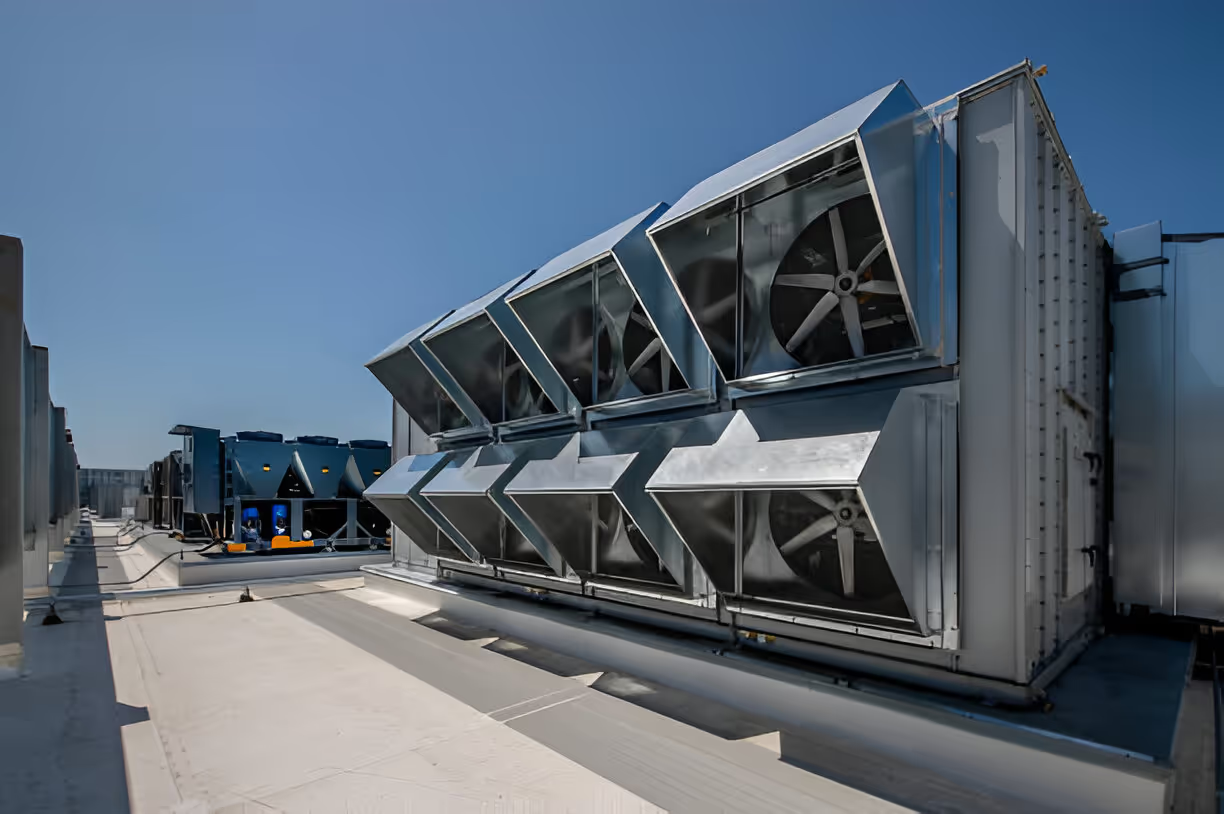HVAC Maintenance in Smithtown, NY
Keeping your heating and cooling system tuned and clean is one of the most effective ways to protect comfort, lower energy bills, and avoid emergency repairs in Smithtown, NY. Preventative HVAC maintenance tailored to Long Island conditions addresses the unique challenges of humid summers, coastal salt air, pollen seasons, and cold winters.

Why preventative HVAC maintenance matters in Smithtown, NY
Regular maintenance is not optional when you want dependable comfort and predictable operating costs. In Smithtown homes you should pay special attention because:
- High summer humidity increases run times for air conditioners and heat pumps, causing more wear and higher likelihood of condensate problems.
- Coastal salt air accelerates corrosion on outdoor units and electrical connections, so visual inspection and protective cleaning are important.
- Seasonal allergens and pollen clog filters and reduce airflow, hurting indoor air quality and system performance.
- Older Long Island homes often have legacy ductwork and varied insulation levels that require airflow testing and balancing during service.
Benefits of timely maintenance include improved energy efficiency, fewer breakdowns, longer equipment life, safer operation for combustion furnaces, and consistent indoor comfort.
Common HVAC issues uncovered during maintenance
Regular tune ups catch small problems before they become costly emergencies. Typical issues discovered in Smithtown service visits include:
- Restricted airflow from dirty filters, blocked grilles, or partially closed dampers
- Clogged condensate drains and pans that can cause water damage and microbial growth
- Dirty or corroded outdoor coils that reduce cooling capacity
- Low refrigerant charge or slow leaks that lower efficiency and stress compressors
- Worn blower motors, belts, and fan bearings that decrease airflow
- Thermostat calibration errors and improper system cycling
- Electrical connection corrosion or loose wiring, especially on outdoor components exposed to salt air
- Combustion and venting concerns on gas furnaces that impact safety and efficiency
Finding these early limits emergency repairs and reduces the chance of mid-summer or mid-winter failures.
What a typical seasonal tune up includes
A professional seasonal tune up should be systematic and documented. A typical checklist contains:
- Visual inspection of indoor and outdoor units for corrosion, damage, and pest intrusion
- Filter check and replacement or recommendation of proper filter type and schedule
- Clean evaporator and condenser coils as needed for optimal heat transfer
- Clear and flush condensate drain lines and inspect drain pan for algae
- Inspect and tighten electrical connections, fuses, contactors, and relays
- Lubricate motors and moving parts where applicable
- Check refrigerant levels and look for signs of leaks; test system performance and pressures
- Test thermostat operation and recalibrate setpoints for accuracy
- Measure airflow, static pressure, and temperature differentials to confirm proper air distribution
- Inspect furnace burners, heat exchanger visuals (when accessible), and test safety controls for gas systems
- Document findings and provide a written summary with recommendations
This combination of cleaning, testing, and adjustments restores factory-level performance and identifies parts that may need attention soon.
Filter replacement schedule and indoor air quality
Filter type and replacement frequency have a big effect on system longevity and home health:
- Standard fiberglass filters: replace every 30 to 60 days
- Pleated filters (MERV 8 to 11): replace every 60 to 90 days depending on occupancy and pets
- Higher MERV or HEPA-style media: follow manufacturer schedule and monitor static pressure; change every 3 to 6 monthsDuring pollen season and summer humidity peaks, check filters monthly. Combining proper filtration with coil cleaning and drain maintenance significantly reduces dust, allergens, and mold risk inside your home.
Membership plans and priority maintenance features
Preventative maintenance plans typically bundle seasonal tune ups into an annual program and often include member benefits that matter to homeowners:
- Priority scheduling for emergency and seasonal service calls
- Discounted labor or parts for repairs discovered during maintenance
- Two scheduled tune ups per year (spring cooling tune up and fall heating tune up)
- Documentation and service history that helps with warranty compliance
- Reminder service and filter delivery or replacement schedulingThese membership features reduce downtime, protect manufacturer warranties, and make upkeep predictable for budget planning.
How regular maintenance extends equipment life and saves money
Routine maintenance minimizes the stress that causes premature failure. Clean coils, correct refrigerant charge, and proper airflow reduce compressor run time and lower peak loads. Industry experience shows well-maintained systems operate more efficiently and can avoid costly component failures. Regular service also:
- Reduces energy use by restoring rated efficiency
- Lowers the frequency of emergency repairs
- Extends useful equipment life by reducing wear on motors and compressors
- Maintains safety on combustion appliances by ensuring proper venting and flame characteristics
The cumulative savings from avoided repairs and lower utility bills often offset the cost of annual maintenance.
Recommended maintenance schedule for Smithtown homes
- Spring (April to May): Full AC tune up, coil and condensate cleaning, refrigerant checks, and outdoor unit inspection before heavy cooling season
- Summer (June to August): Monthly filter checks; mid-summer filter replacement during heavy pollen and humidity
- Fall (September to October): Heating system tune up, burner and heat exchanger inspection, furnace safety controls check, and thermostat calibration
- Winter (January to February): Monitor thermostat performance and carbon monoxide detectors; check condensate and drain lines for heat pump systems
- Every 1 to 2 years: Deep coil cleaning for heavily corroded or dirty condenser coils; duct inspection and cleaning if high levels of dust or mold are suspected
Practical homeowner steps between professional visits
You can protect your system and improve results between service visits by:
- Changing or checking filters monthly during heavy use seasons
- Keeping outdoor unit area clear of debris, leaves, and grass clippings
- Running exhaust fans when cooking or showering to reduce indoor humidity
- Checking drain pans periodically for standing water or slime
- Keeping thermostat setpoints reasonable to avoid excessive cycling
Consistent basic care combined with professional tune ups keeps systems reliable and efficient.
Regular, professionally performed HVAC maintenance tailored to Smithtown conditions protects comfort, improves indoor air quality, and preserves the value of your heating and cooling equipment. Following a seasonal schedule and choosing a maintenance plan with documented tune ups and member benefits is the smart, cost-effective approach for Long Island homeowners.
Customer Testimonials
Hear directly from homeowners who trust Bobby O’s HVAC Inc. for fast response times, honest service, and lasting comfort.











